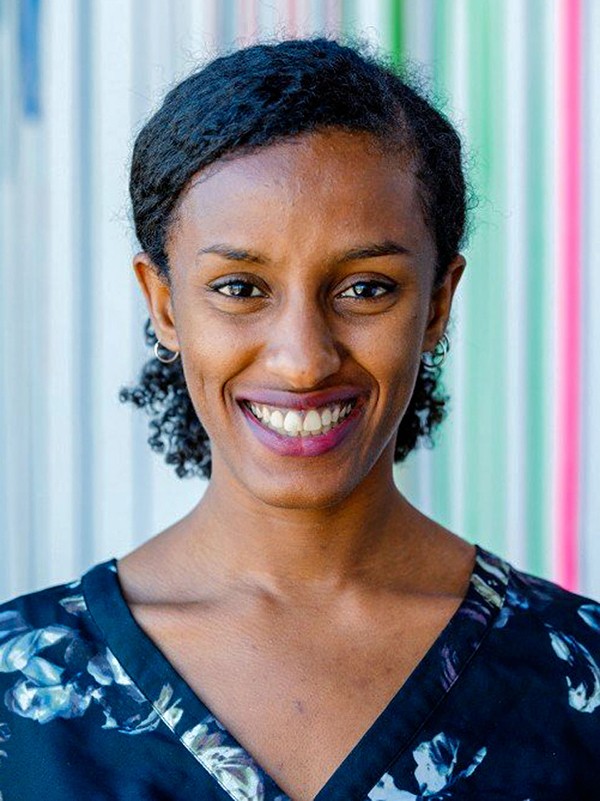When Rediet Abebe, M.S. ’18, Ph.D. ’19, came to the United States from Ethiopia, she was surprised to find such drastic inequality. “At least in Ethiopia, we were sort of resource constrained – I could see why it was that way,” she said. “But here, it just didn’t make any sense to me.”
Around the same time, she began to discover the powerful impact algorithms could have on people’s lives. At Cornell, her doctoral program in computer science allowed her to merge her math degrees with her interest in inequality and social impact. “For the most part, algorithms didn’t create inequity and inequality,” Abebe said. “But the fact that we didn’t have people who were engaging with algorithms’ role was exacerbating this existing inequality. With any sort of social issue, an algorithm can make things a lot worse, or it can help you understand what’s going on better and try to move things in a positive direction.”
Abebe, the first black woman to earn a doctorate at Cornell in computer science, blazed a trail not just for herself, but for others, too. Though she completed her studies in December, before the pandemic she’d planned to return to Ithaca in May to participate in Commencement events. Black in AI, a group she co-founded in 2017, ballooned from an email thread among a handful of researchers to a nonprofit organization with 2,000 members. She also co-founded Mechanism Design for Social Good, aimed at using algorithmic tools to improve opportunities for disadvantaged communities. The initiative now has active members at 100 institutions in 20 countries. Designing algorithms for social good was the focus of her dissertation.
Currently a junior fellow at the Harvard Society of Fellows – one of only two fellows with computer science Ph.D.s in the society’s history – Abebe will join the faculty of the University of California, Berkeley, as an assistant professor of electrical engineering and computer science. At Berkeley, she’ll be the first black female computer science professor on her department’s faculty. When she arrived at Cornell in 2015, Abebe was the only black doctoral computer science student on the Ithaca campus. Her connections with other computer scientists around the country led her to co-found Black in AI. “We were all feeling this sense of isolation and a desire to create community,” Abebe said. “But we were also all concerned at the same time about the impact of computing on society, especially on black communities. And we felt that if we were at the table and we were empowered, then we would be able to advocate for change and for better consideration for our communities.”

